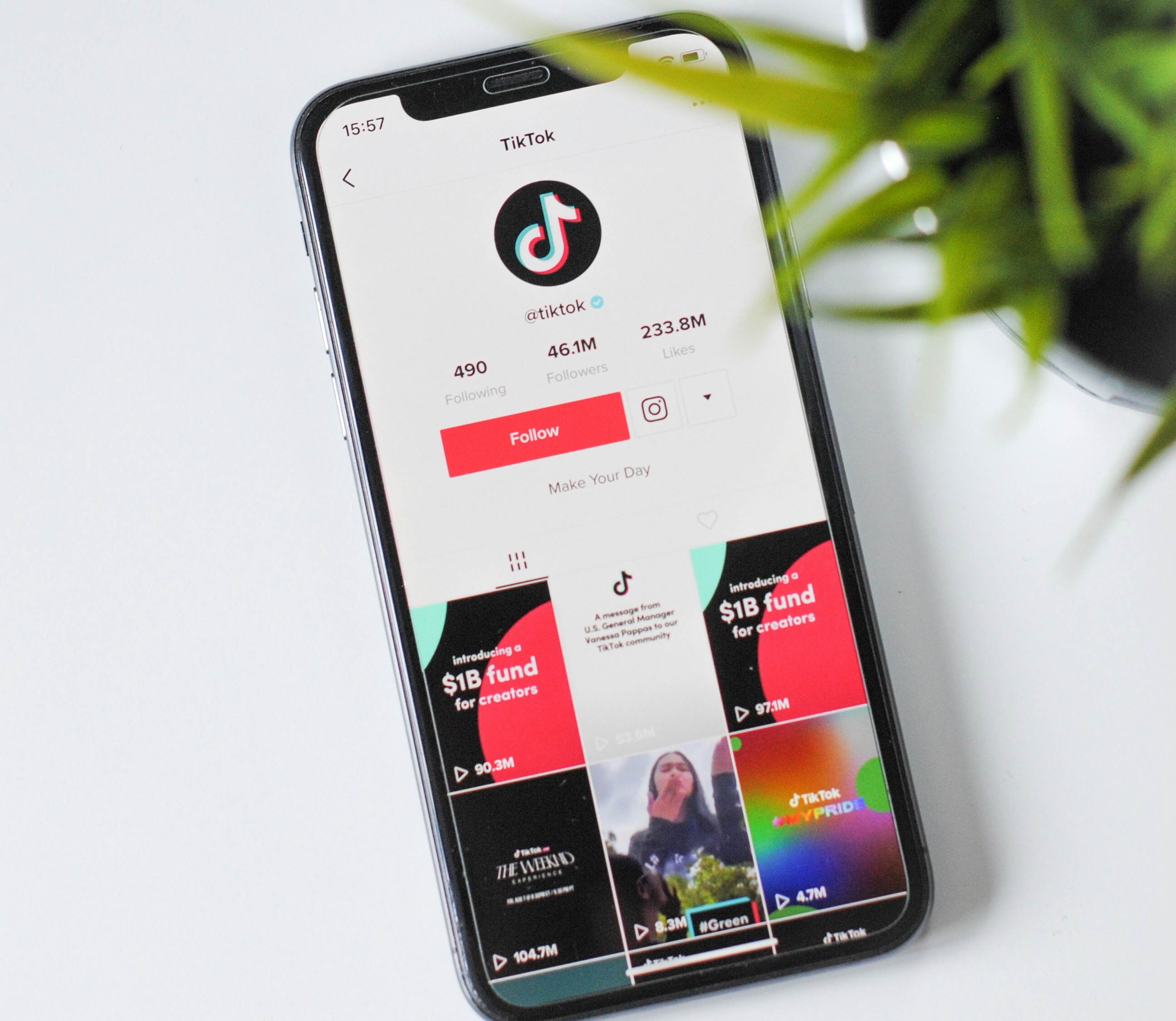What happened?
The House voted Wednesday, March 13 to pass legislation that could potentially ban TikTok in the U.S. This bill is intended to pressure TikTok’s China-based owner, ByteDance, to divest the app. Both Democrats and Republicans have raised concerns about the Chinese government’s ties to ByteDance and their purported access to U.S. user data. The bill was proposed a little over a week ago and comes after Congress had stalled the issue for about one year. This vote is among a series of issues Washington is debating related to U.S. national security concerns and China.
What’s next?
Since this bill passed the House, it is now headed to the Senate. In general, it appears that the Senate is fairly divided on this issue and will take its time in reviewing the bill. President Biden has noted that if the bill were to pass Congress, he would sign it. At that point, ByteDance would have 6 months to sell TikTok to a non-Chinese owner. (ByteDance has not clarified their decision to sell the app or not.) If the sale is not completed, then it would become illegal for app stores and internet hosting companies to distribute or host TikTok in the United States.
What does this mean for my brand’s TikTok account?
Short Term (Now-6 months out)
The benefits of TikTok as part of your social media strategy have not changed. As this proposed bill continues to move through Congress, we recommend maintaining your current TikTok strategy and continuing to prioritize social-first video. TikTok users and brands are unlikely to experience any immediate changes or interruptions to the app’s functioning, so there is no need to adjust your TikTok approach at this time.
Long Term (6+ months out)
If the bill passes through the Senate and survives any corresponding legal challenges, there are three likely scenarios:
- ByteDance divests TikTok to another company and continues to operate as usual
- ByteDance pauses TikTok services in the U.S.
- ByteDance ceases TikTok services in the U.S.
As we’ve seen with Elon Musk’s takeover of X, apps can drastically change under new ownership. If scenario 1 plays out, we’ll likely recommend reassessing our current TikTok strategy based on platform functionality and public perception of the app.
If ByteDance ultimately refuses to sell and TikTok becomes unavailable in the U.S., there will still be a need for social-first video. At this point, we would recommend revisiting the current strategy and reprioritizing channels, content, partnerships, and paid social campaigns accordingly. Without TikTok, audiences will likely flock to Reels and YouTube Shorts (or something new!).
EU Update
The European Union (EU) has also initiated measures against TikTok, concluding an investigation last month into the platform’s alleged inadequacy in safeguarding minors. With the passage of the EU’s recent Digital Services Act, TikTok may encounter penalties amounting to as much as $800 million or 6% of its worldwide revenue.
Of note, more than a year after EU governments restricted the use of TikTok over security concerns, politicians and political parties are now using the platform to reach and engage youth voting. This is a similar trend to President Biden saying he would sign restrictions of TikTok in the U.S. while maintaining an account for his re-election campaign.
What Now?
Ultimately, any restrictions or changes of TikTok would have both large and small implications for brands.
A recent survey found that nearly 60 percent of TikTok users said they would begin using Reels regularly if the app were banned, showing there’s an appetite for a popularly used short-form video service regardless of the platform providing it.
We will continue to keep tabs on the evolution of TikTok in the U.S. and content strategies to create social-first video for audiences, no matter the platform.




